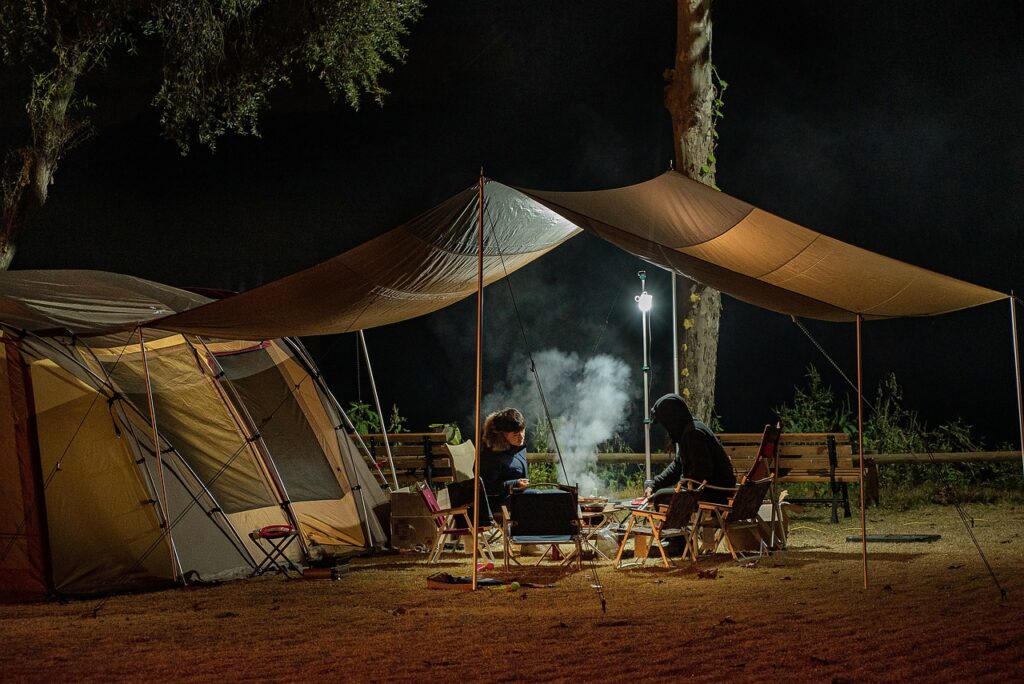Track down a site for certain regular windbreaks, like trees, slopes, or huge rocks. This will assist with lessening openness to solid breezes, making your camping area more agreeable. Abstain from low-lying regions that could flood during precipitation. Search for a marginally raised site where water can empty away out of your tent or RV. Do you want flush latrines and hot showers, or would you say you are good with treating the soil latrines or no offices by any stretch of the imagination?
Camping areas close to lakes, streams, or streams can offer picturesque magnificence and advantageous admittance to water exercises like swimming, fishing, or kayaking. Notwithstanding, setting up camp excessively near water can introduce a few difficulties, like expanded bugs (mosquitoes, particularly), clamor from streaming water, or expected flooding. In a perfect world, pick a camping area that is inside strolling distance of a water source but not so close that it turns into a disturbance.
Protection is a significant component for some campers. Assuming you lean toward isolation or a calmer encounter, search for a camping area that offers regular obstructions, like trees, brambles, or distance from adjoining camping areas.

On the off chance that you’re in bear country, be aware of setting up camp close to water, as natural life frequently visits these regions. Keep food put away safely to try not to draw in creatures.
A few campsites are more thickly populated than others. On the off chance that you’re searching for detachment, select boondocks locales or scattered setting up camp on open grounds where destinations are spread farther separated.
Inspect the format of the camping area or use Google Guides to perceive how close different campgrounds are. This can assist you with staying away from uproarious neighbors or huge gatherings.
In the event that you’re enjoying nature in the late spring, a concealed campground can assist with keeping you cool. Interestingly, assuming that you’re exploring the great outdoors during colder months, search for a site that gets more daylight to remain warm.
High breezes and weighty downpour can make setting up camp self-conscious and, surprisingly, risky. Search for destinations that offer regular security from the components, like valleys or woodlands, yet stay away from regions inclined to flooding.
Consistently look at the weather conditions estimate before your excursion, and be ready for unexpected changes. Bring the right stuff for downpours, intensity, or cold, contingent upon the circumstances. Continuously consider the **weather** while choosing a campground. The season and nearby environment will influence your setting up camp insight, so plan appropriately.
Numerous campers plan trips around unambiguous open air exercises, like climbing, fishing, kayaking, or natural life seeing. Pick a campground that is near the exercises you believe should do to expand your time outside.
In the event that you’re expecting to see neighborhood natural life, select a camping area close to glades, timberlands, or wetlands where creatures are probably going to show up, however, make sure to keep a protected separation. Camping areas close to streams, lakes, or the sea are great for the people who need to fish, kayak, or swim. Ensure the site has simple admittance to the water.
